Your Questions!
Does Tearfund ship food from Canada abroad?
Hunger hurts. When a family is suffering from extreme food shortages it is hard to focus on anything else. That’s why food and agriculture play such a large part in our programming; it lays the foundation for other development activities.
Many charities play a heavy part in food distribution by handing out food to families living in poverty. This food is often grown in North America and flown or shipped across the ocean to its destination. Many of you asked if we do the same. And although we do provide food in times of extreme emergency (i.e. widespread famine), it is a last resort.
Whenever possible, we don’t believe that handing out food is the best solution to solving hunger. Here’s why:
Reason 1: It promotes handouts
If you were given free food and didn’t have to work for it, wouldn’t you take it? When countries send in food that is given away for free, it helps reinforce a culture of relying on handouts. It also subconsciously tells people that they aren’t capable of feeding themselves, that they aren’t smart enough, or don’t have the skills. In fact, our local church partner in Ethiopia has shared stories about some well-meaning organizations that come through villages every season handing out food. This type of handout discourages farmers from trying to grow food their own food and discourages practices that could lift them out of poverty.
To break the cycle of poverty and hunger, Tearfund believes in empowering local communities and equipping them with the skills to lift themselves out of poverty. As farmers become more knowledgeable about sustainable farming methods and joining savings and loan groups, they are much more likely to break the cycle of poverty and hunger.
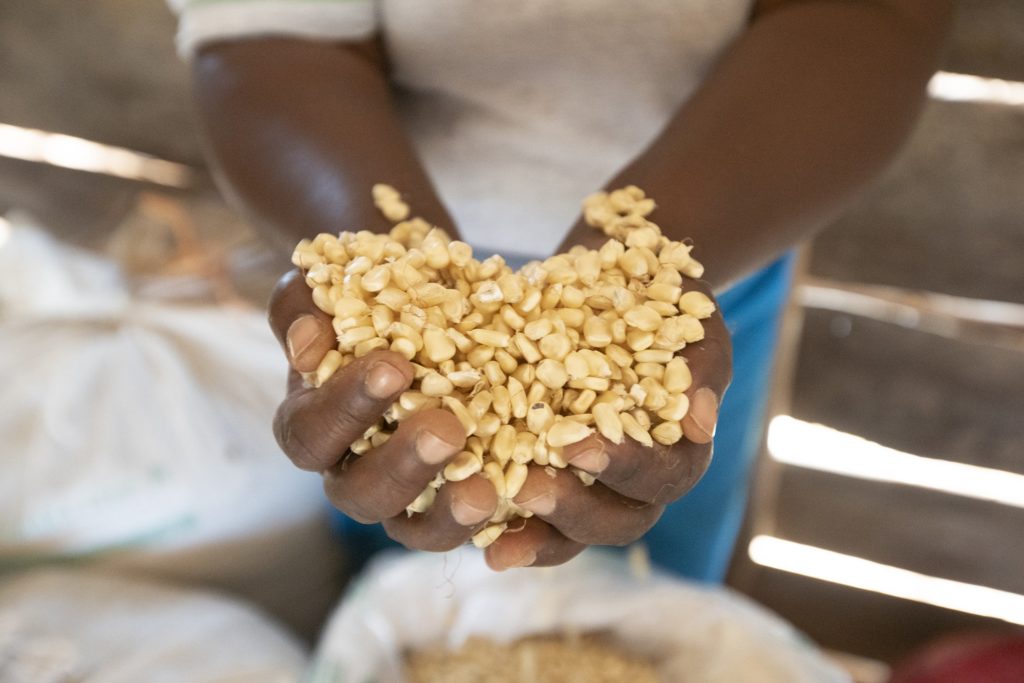
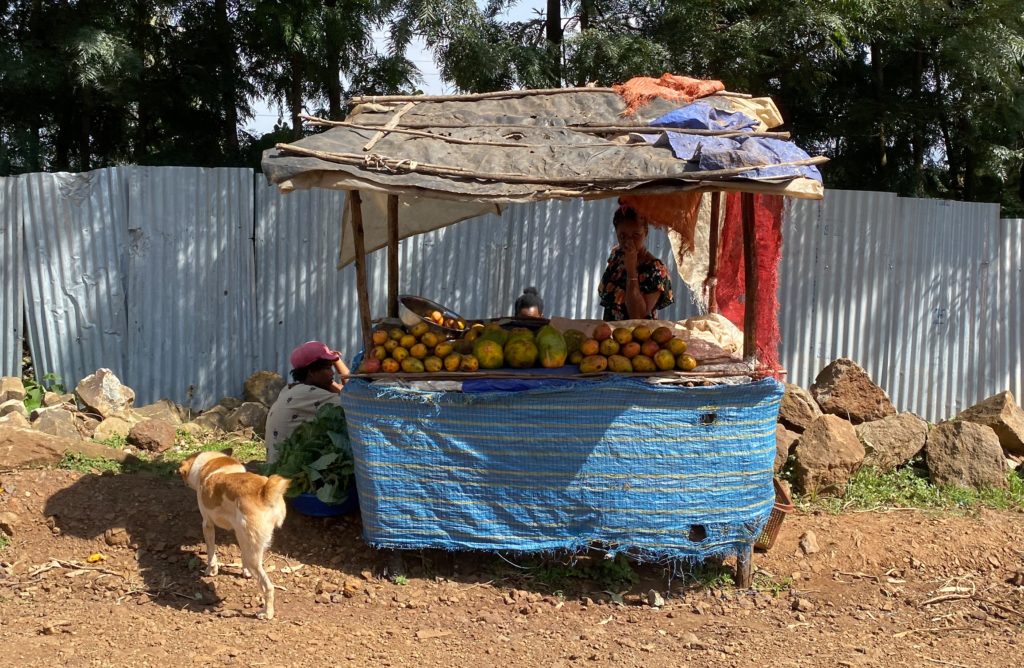
Reason 2: It undercuts local farmers and the economy
In the countries where Tearfund works, farming and agriculture is almost always the biggest industry. If a charity decides to bring Canadian grain to a community, supply would skyrocket and the price of locally-grown grain will plummet. Small-scale farmers who depend on selling crops for their livelihoods will be thrust even further into poverty as a result.
Instead, our approach is to partner with the local church and teach sustainable farming practices like conservation agriculture. This form of farming is low-cost and is proven to help farmers double or even triple their harvests so that they not only feed themselves, but contribute to and build the local economy.
Reason 3: Locally grown food is healthier
When wealthy countries send food shipments in times of emergency, it can end up having negative consequences on local people’s health. Shipped food by nature has to be long-lasting and easy to transport. As a result, most food shipped takes the form of grains, oil, dried beans, and other dried foods. These foods are great in an emergency, where the primary purpose is to sustain life. But they are not good for the long-term where families require a balanced diet. In contrast, families that grow their own food will grow healthy vegetables like peppers, kale, garlic, and more!
To break the cycle of poverty and hunger, Tearfund believes in empowering local farmers to grow more food. As farmers become more knowledgeable about sustainable farming methods and joining savings groups, they are much more likely to break the cycle of poverty and hunger.
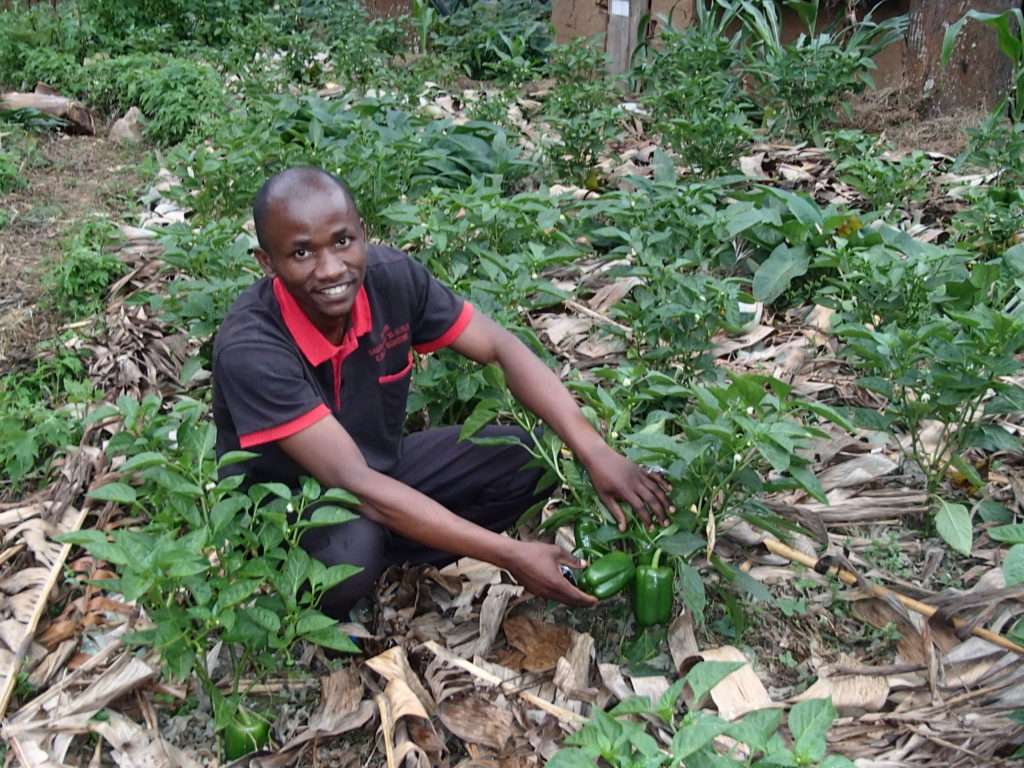
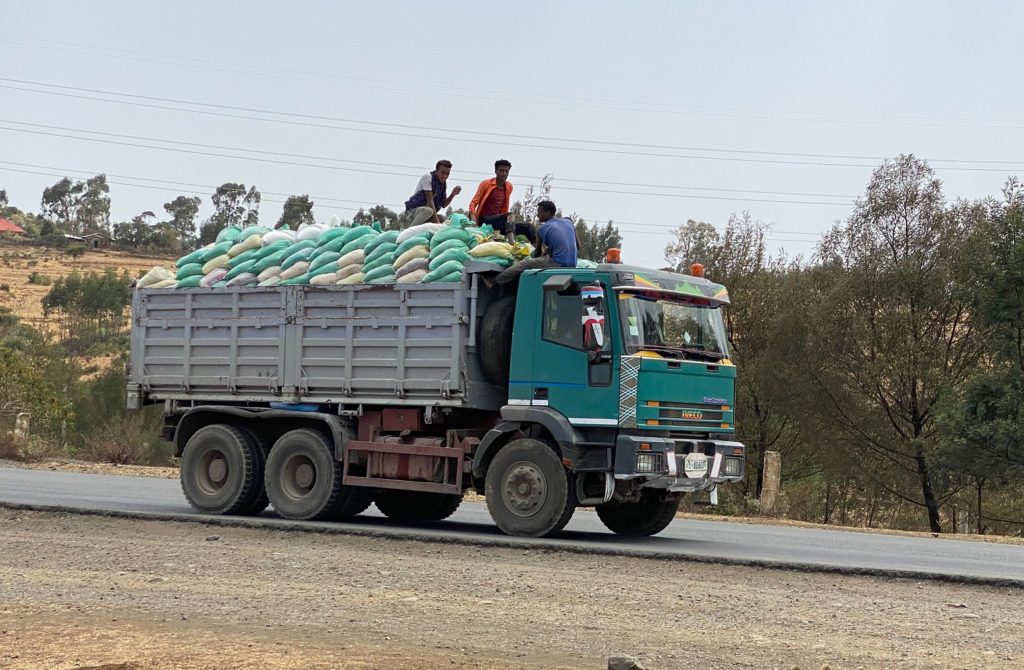
Reason 4: It increases CO2 Emissions
Many small-scale farmers that we work with struggle to grow food because rainy seasons are becoming less predictable and soil quality is degrading. This is all due to a changing climate. Shipping or flying grain is an inefficient way of distributing food and releases unnecessary pollution into the air and water. Instead, we train farmers to practice conservation agriculture which is cheaper and environmentally friendly.

